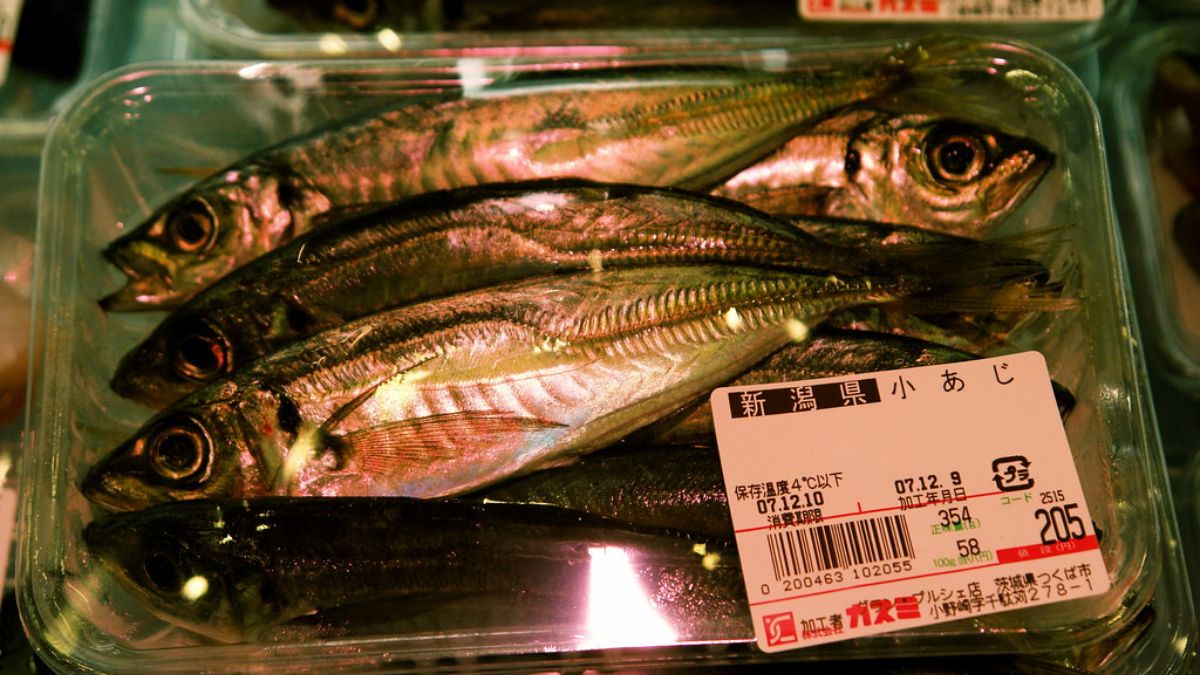China continues to enforce a strict ban on Japanese seafood imports, with no resolution in sight. The ban, initially implemented in response to Japan’s release of treated wastewater from the Fukushima Daiichi nuclear plant, remains firmly in place. Chinese authorities have expressed concerns about the potential impact on marine life and food safety, citing the need to protect public health and the environment.
The ban was imposed in August 2023, shortly after Japan began discharging treated radioactive water into the Pacific Ocean. Despite assurances from Japanese officials and international regulators that the release adheres to safety standards set by the International Atomic Energy Agency (IAEA), China has remained unconvinced. Beijing has called the release a threat to food safety and has insisted on maintaining strict controls on Japanese seafood products entering the country.
The ban has had significant repercussions for Japan’s fishing industry, which had heavily relied on exports to China, one of its largest markets. In response, the Japanese government has launched efforts to mitigate the economic fallout. This includes seeking alternative markets for its seafood products and promoting domestic consumption. Japan has also initiated diplomatic efforts to persuade China to lift the ban, though progress has been slow.
Adding to the tension, China has removed Japanese seafood exporters from its official database, further complicating the situation. The removal, which was done without explanation, has led to speculation that the ban could persist indefinitely.
While other nations, including the United States, have stepped in to purchase Japanese seafood to support the industry, the loss of the Chinese market remains a significant blow. The U.S. military has begun bulk purchasing Japanese seafood, including scallops, to bolster demand, but this remains a temporary solution to a long-term problem.

